Young Men Take Initiative to Excel
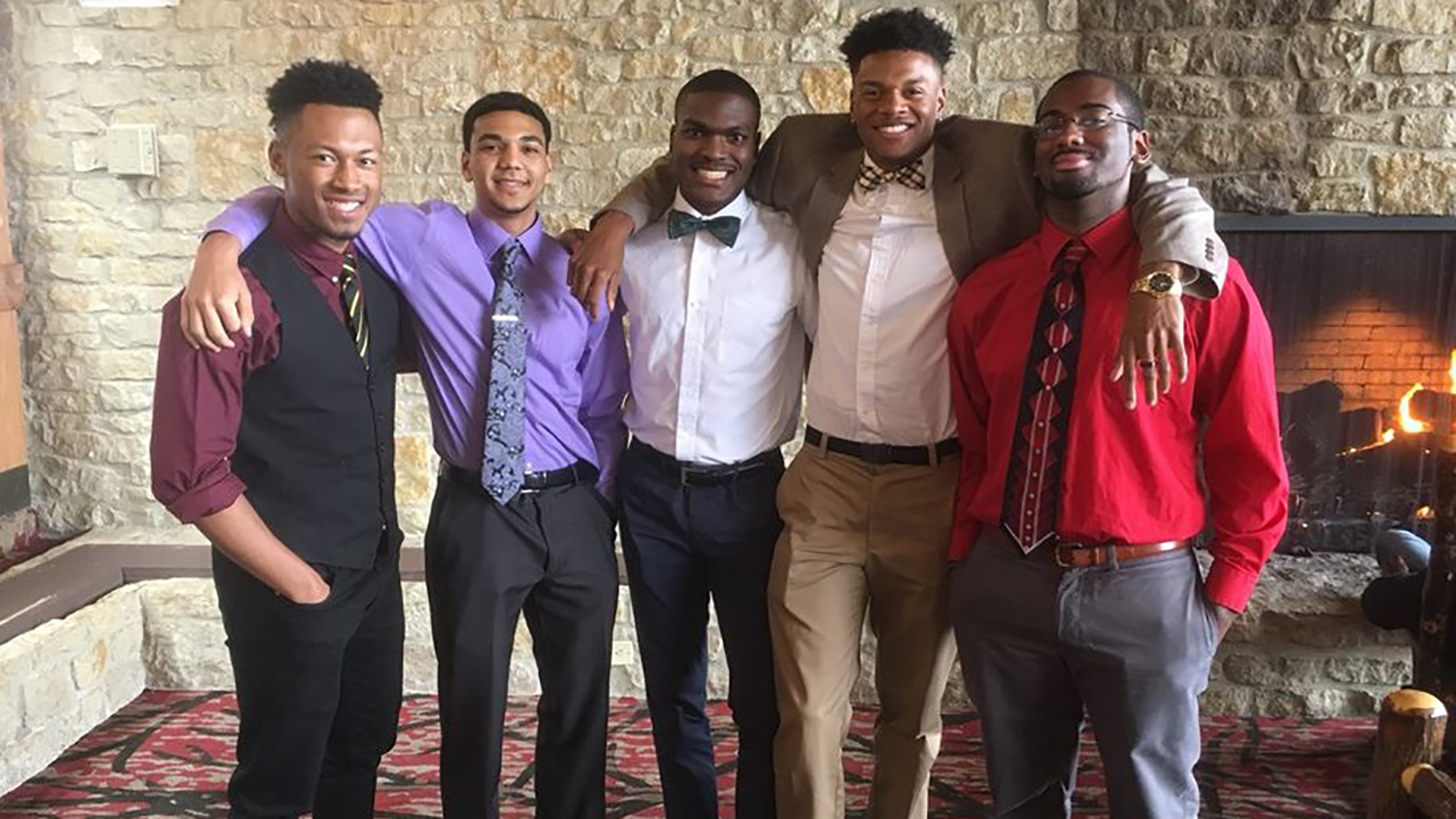
Developing camaraderie and leadership on a college campus isn’t easy, but NC State’s Black Male Initiative excels at both. BMI achieves these goals by promoting academic success, personal growth, professional development and self responsibility. The initiative is open to everyone who has experience with or interest in understanding and combating challenges facing African American males in today’s society.
“NC State staff and housing leadership discussed the disparity in graduation rates among young black men in higher education compared to their peers, and thought this initiative could change that narrative,” said Curtis “C.J.” Jackson, assistant director for East Campus. “By providing students with access to workshops, professional development, high-impact activities, career counseling and study abroad opportunities, we could make a positive change in their lives.”
Housed in the Avent Ferry Complex, BMI promotes cultural awareness, understanding, and experiences of all African Diasporas through partnerships with the Office for Institutional Equity and Diversity, Multicultural Student Affairs, the College of Humanities and Social Sciences, and the College of Education’s Department of Education Leadership, Policy and Human Development. This gives the initiative the ability to care for the whole student, academically, socially, professionally and personally.
“We ground our program in Tara J. Yosso’s Cultural Wealth Model, which identifies the forms of capital that are essential for African Americans to be successful in society,” said Jackson. “The first one we chose — aspirational capital — focuses on students’ hopes and dreams. The second — navigational — centers on how we help students become comfortable on campus. The third — social — is all about developing meaningful relationships with the men in the program in addition to their peers on campus.”
Students participating in BMI share goals of academic and career success. Village staff and university faculty equip them through study halls, workshops in resume building, personal branding and public speaking.
“Being in BMI has helped me academically. I have been able to meet with older people in my major and they’ve helped me when it comes to being motivated and studying properly,” said Elvis Mugisha, a sophomore political science major. “I also have been motivated by older members of BMI and how often I saw them studying. It has been a great support system and I know that our advisors expect a lot of us in the classroom, which also motivates me to do as good as I can.”
Academic support is just one component of BMI that creates well-rounded students. Helping young black men find support in the college environment gives BMI residents a sense of self and belonging in a PWI (predominantly white institution). The initiative cultivates peer families where new members pair with a returning upper class student to learn more about campus and life in general.
“The community was created as a safe space for men to talk about the experiences they were having in and out of the classroom, and what it means to be a black male at this point in society in terms of the things that they have to deal with on a daily basis,” said Jackson. “This gives them a space to work through those feelings, and provides them with an opportunity to develop the skills needed to be their best selves when pursuing opportunities upon graduating from NC State.”
The ability to be oneself in the face of often difficult circumstances can make a large difference in students’ motivation to follow through on goals and to become mentors and leaders themselves.
“I like being able to help others understand more about people in the GLBT community,” said Terryn Queen, a junior Asian studies major. “People will want to know more and I want to educate them, not just on that, but what I’ve learned through research on black issues, and the things that aren’t taught in school to us. I enjoy the GLBT conversations I have with them, and they are more open to learn. It is really an amazing experience for me, and that is my favorite part of BMI.”
In addition to encouraging residents to engage in dialogue on difficult topics and to mentor other students, BMI helps create a culture of openness and excellence through other forms of experiential education. Residents take a trip to the National Black Male Retreat hosted by Ohio State University each year, and engage in trips to Atlanta’s historically black colleges and universities, the Civil Rights Museum and other locales central to black identity and culture in the U.S.
“From developing mentors, meeting new people from across the nation in Ohio, to connecting with alumni in Atlanta, BMI has been the catalyst I needed to develop into the leader that I consider myself to be today,” said Jordan Bullock, a sophomore animal science major. “I know that no matter what, my brothers will always be in my corner supporting me while we, as a collective, support our community.”
That community helps BMI residents find a home at NC State. Through teaching, learning, professional development and service, the village and prepares them to become leaders on campus and in the greater community.
Jordan Bullock
Sophomore, Animal Science
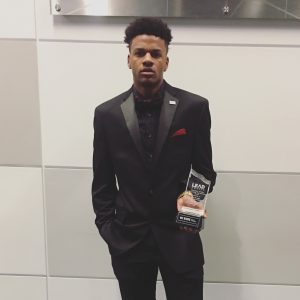 Why did you get involved with the Black Male Initiative?
Why did you get involved with the Black Male Initiative?
I wanted to be a part of a community with men that not only looked like me, but were also goal-driven individuals. I thought that there would be no point to further segregate myself on the campus of a PWI when I can join a community of like-minded individuals. I was scared to join at first because I didn’t feel black enough; I felt like I was alienating myself, and that wasn’t okay with me and the two returning members that encouraged me to join.
How has your time in this living and learning village impacted your experience at NC State?
I’ve grown as a person and learned from those around me. I have matured as a person, grown as an activist, and tried to make a change on this campus. BMI has promoted the growth I needed to have the courage to discuss the issues we face as black men within the community. Not only have I had the courage to stand up for my brothers, but I got us to collaborate with groups, such as the GLBT community, specifically QPOC (queer people of color), and the black Greek organizations on campus, to bring about the change we need for positivity.
BMI has taught me the value of my people, has connected me to my roots, kept me humble, and most importantly gave me a family that I can honestly thank God for. When times were hard, whenever I needed an escape, when we needed sanctuary, BMI has been there through thick and thin.
I know the kids that we bring in and help look up to us; I know the conversations and collaborations we’ve had were meaningful with the audience they impacted. I know now how valuable a village is, especially for us. We continuously look forward to volunteer opportunities, to molding our own stereotypes, and diminishing the negative ones.
Has this experience helped you academically? How has it helped in other ways?
Through constant mentorship, study halls, and one-on-one academic meetings, along with our conversations about self-care, this village has taught me a lot about what it takes to survive college. BMI has taught me how to handle the extra workload I must face as a black man on this campus. I’ve learned how to properly network, and have applied those skills to network and find connections on campus to the Vet school, work-fields and other professions I’m interested in.
Elvis Mugisha
Sophomore, Political Science
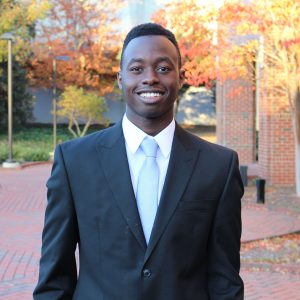 How has your time in this living and learning village impacted your experience at NC State?
How has your time in this living and learning village impacted your experience at NC State?
BMI has greatly impacted my time at NC State. I often say I don’t know how I would’ve survived without BMI. I have benefited from many workshops, including the networking workshops, which have allowed me to understand how to speak with others and connect with different people in fields I want to be in. I have also built a camaraderie with fellow members of the learning village and they’ve helped motivate me throughout my time at NC State.
Do you have a favorite memory from your time in the Black Male Initiative?
My favorite memory is when we went to Atlanta and were able to tour Morehouse, Spelman, and Clark Atlanta universities. We also got to visit civil rights places and see Martin Luther King Jr.’s place of birth. This led to us also getting closer with one another and building a bond and brotherhood that we’ve carried throughout our time together.
What advice would you have for other students looking to get involved in this or another living and learning village?
I would say that all students should know to come in with an open mind and to be yourself. Everyone here has your best interests in mind and we all want to see one another succeed. I’d also recommend that they come ready to work and have fun doing so. We have high expectations for one another, so most of our time is spent in the books, but we still manage to have a lot of fun.
Terryn Queen
Junior, Asian Studies
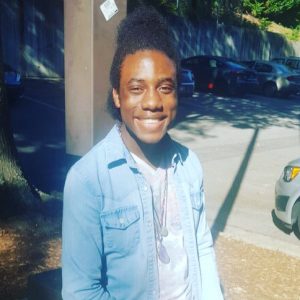 Why did you get involved with the Black Male Initiative?
Why did you get involved with the Black Male Initiative?
I first talked about it with one of the guys I lived with at the Avent Ferry complex. The whole group had taken me in, but at first I wasn’t sure; I needed to get a feel for the people I was going to be around. Throughout my lifetime, I had problems with people of color, just with the fact that they didn’t like that I was gay and black men felt threatened. As I got to know them and got to be around them, I got more comfortable and I decided to participate. I was in a comfortable enough position to say “I trust you and you accept me,” so I didn’t think there would be any problems. This is my second year living in and being a part of the village.
Has this experience helped you academically? How has it helped in other ways?
Being a part of BMI showed me more of people of color trying to educate themselves and try to be better as a people. I’m not used to being around that, so it definitely helped me want to do even better. I have been able to learn more about my history, more about the things that have happened to my people, how they were oppressed, things that they went through. Things that are happening today that I did not know about. That made me more aware of the issues that we still face today.
What are some of the biggest issues facing young black men on campus? How does BMI help initiate conversations on those issues?
I think being on a campus that is a PWI, black people of color definitely do not see a lot of their own. Being in an environment where you aren’t able to connect with somebody who looks like you is hard.
When you have organizations like BMI where you can do that, it makes everything so much easier and makes the environment that you’re in more comfortable. You’re able to have those difficult conversations. Involvement in BMI really does have an affect on your academics and how you get involved on campus.
- Categories:
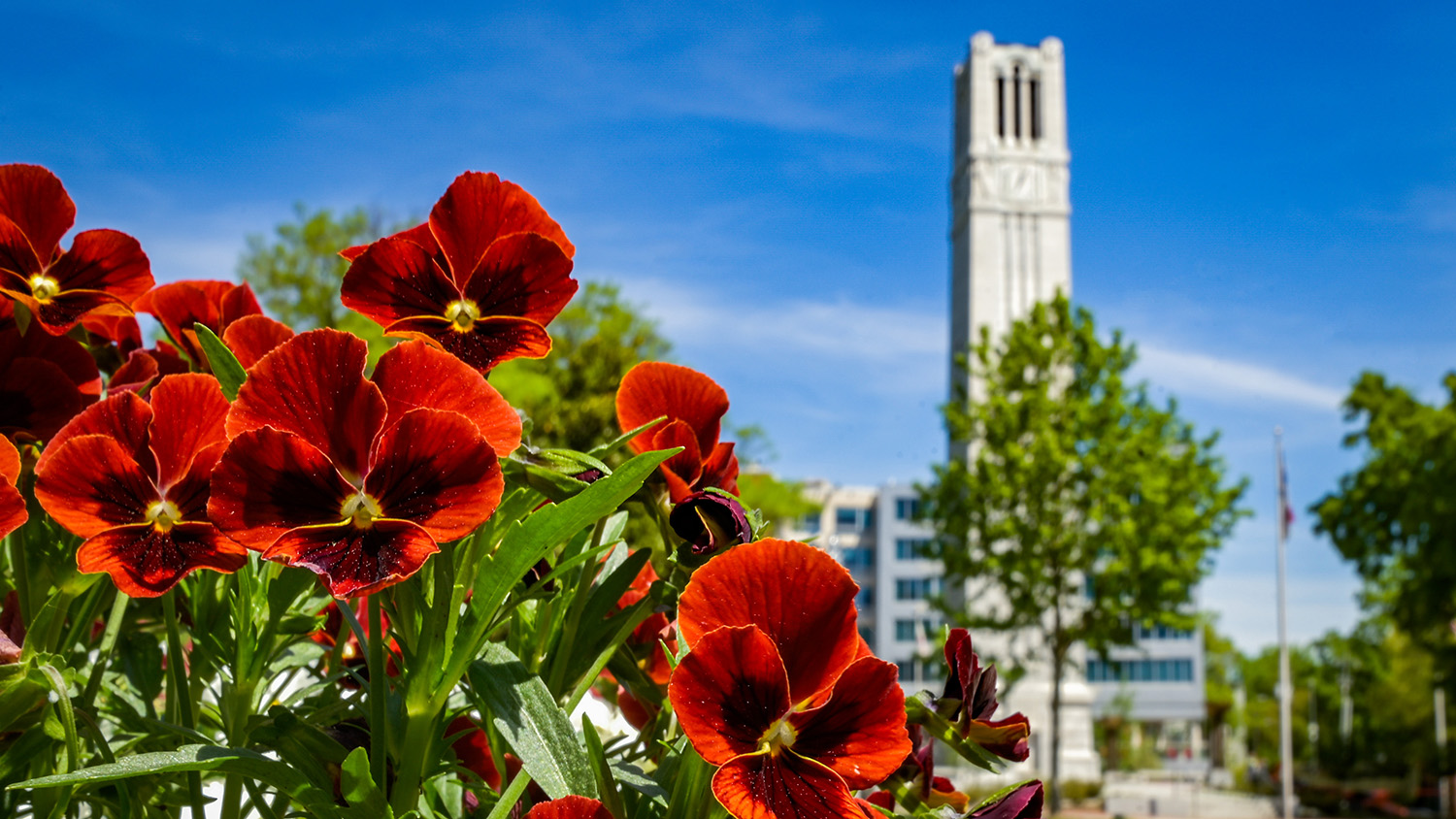
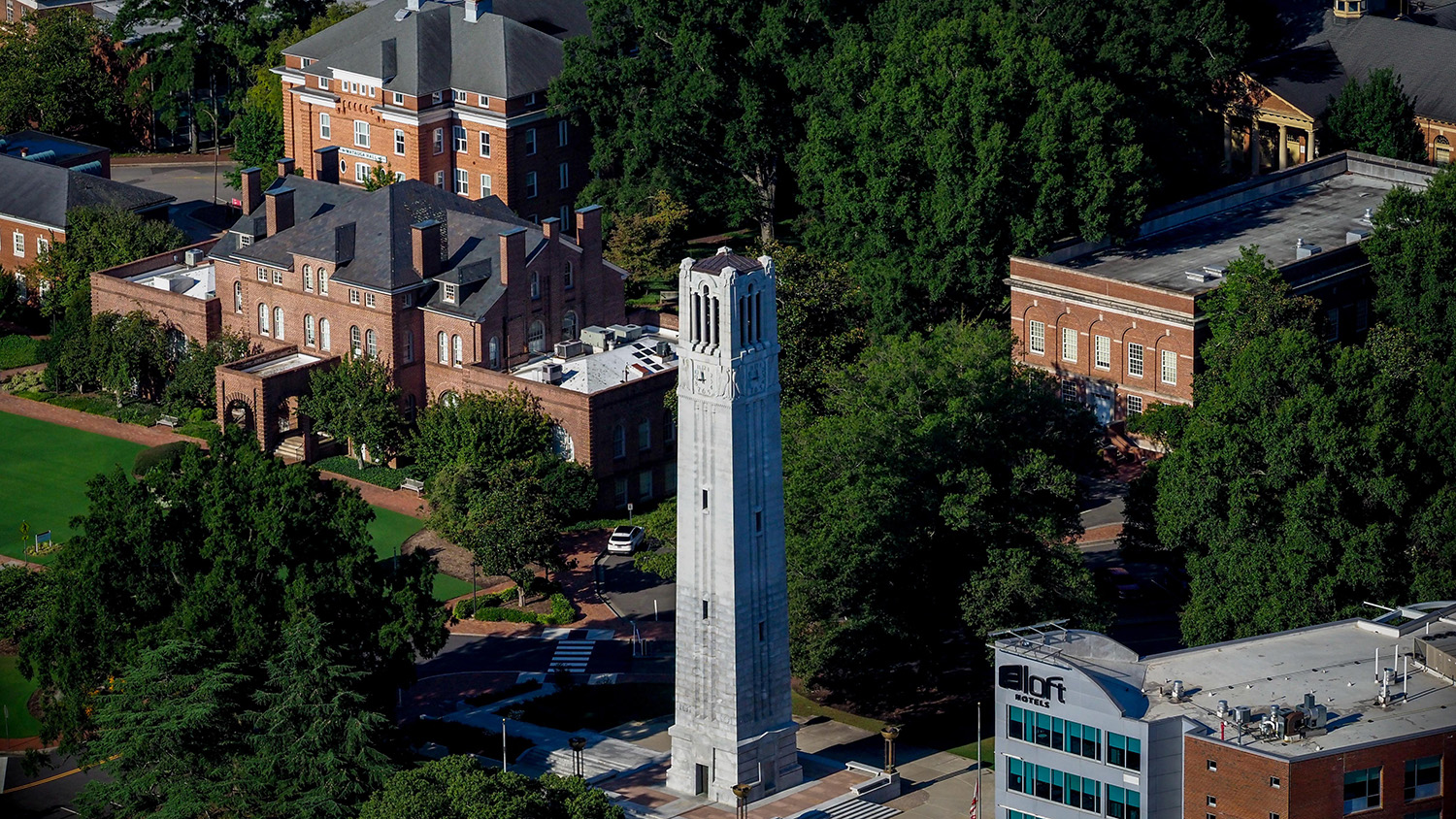
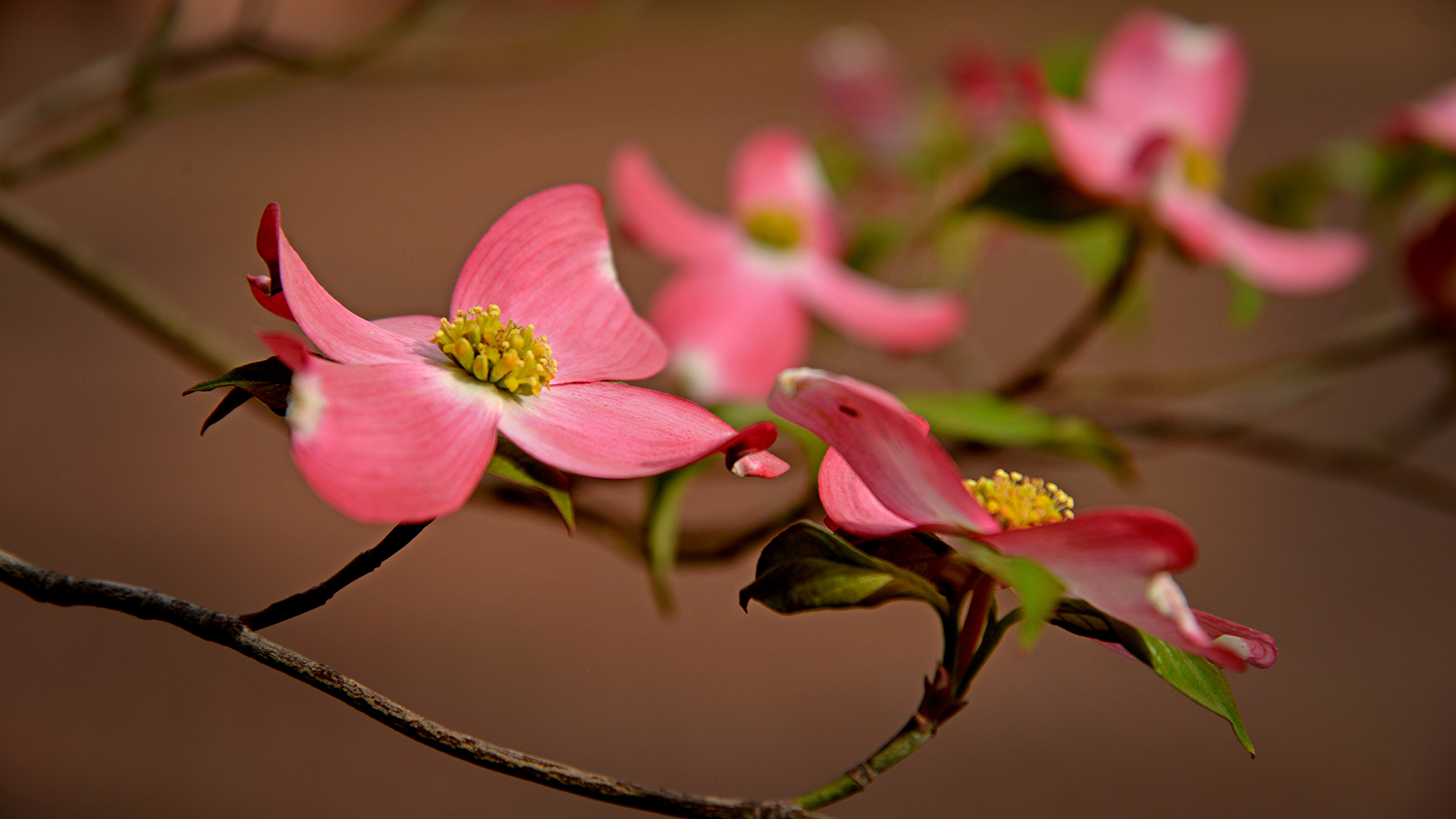
What a wonderful organization. Bravo, CJ!